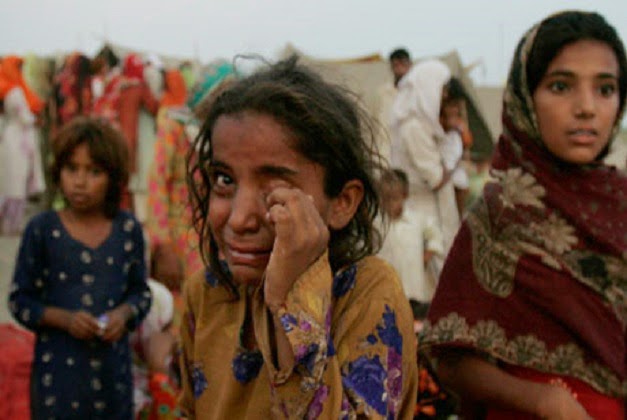

Though this is a partial work, the potential new understandings of the Islamic State gained from Abu Kassem are of paramount importance. The obstacles of establishing the project.How we will establish our war against the great Safavid enterprise.The great Safavid enterprise… The challenges of war and the tools of Arab defence (The 100 Year Plan).We are the Campaign of the Banners and we are the new Umayyads.The Economic Assets of the Sunni Entity.Economic Institutions – Resources and Industries.The Ideological Leadership of the movement, its relationship with the General Leadership and society.The General Leadership and the nature of the relationship between the military and political wings.Once spiral bound, the manifesto is typed and chaptered, demonstrating this document was clearly meant for a distribution among the entire Islamic State senior staff. Unlike the previous declarations found at the home of Islamic State Cabinet member and Baghdadi’s Head of the Military Council, Adnan Ismael Najim Abdulla al-Dulaimi aka Abu Abdul Rahman al-Bilawi’s residence, which were found on a thumb drive, Abu Kassem’s work was printed out. The term “United Sunni States” is a reference to these goals that cross into a hundred years in the future and include seventy (70) objectives.Īnother area of interest is how the manifesto is presented and shared. What is particularly of note is the manner in which the Islamic State views itself both in the near and long term. Beginning on page 19, the document has three distinct topics that intertwine to create an unprecedented insight into the Islamic State’s policy, economics and goals. ONE HUNDRED YEARS ONWARD The copy of Abu Kassem’s manifesto that TRAC holds is merely a portion of the original work thirteen pages are in tact, spanning from page 19 to page 40 some sections were missing or too blurred to decipher. The writings are not necessarily religious but show a mastery of military knowledge and Arab nationalism. The documents are extremely well written with a high command of Arabic often reserved for and used by accomplished scholars. Signed off on the final page by Abu Kassem’s alias “al-Mashhadani al-Iraqi,” the document reads like a hybrid between Islamic State goals and ex-Baathist and Republican Guard concepts left over from Saddam Hussein’s era. As much mystery that surrounds the Islamic State, there is equally as much complexity that surrounds this manifesto. Based on these documents, however, TRAC analysts have garnered a rare glimpse not only into his vision for the Islamic State but also the Islamic State’s current and future plans. Reportedly the director of foreign fighter and suicide bomber transport, little is known about al-Meshedani’s present life.


Among the items found in the residence was a manifesto written by what appears to be the Islamic State Cabinet Member, Abdullah Ahmed al-Meshedani, aka Abu Kassem. Taliban co-founder Mullah Abdul Ghani Baradar will be his deputy, the group's spokesperson Zabihullah Mujahid said while addressing a press conference.Posted by sharia unveiled on October 14, 2014īy, Terrorism Research and Analysis Consortium | RT News In March 2014, the home of an Islamic State (IS) commander was raided by Iraqi Special Forces. The new regime will now be led by Mullah Mohammad Hasan Akhund, the head of the Taliban's powerful decision-making body 'Rehbari Shura'. Meanwhile, Akhundzada’s statement came after the Taliban announced its new government on Tuesday. The Taliban also banned girls from attending school, and women from working outside the home. Under their rule, women had to cover themselves and only leave the house in the company of a male relative. It had enforced harsh conditions and rules following their strict interpretation of Islamic Sharia law. The Taliban had taken control of Afghanistan in 1996- 2001. He added that the authorities will take “serious steps” to protect human and minority rights “within the framework of Islam”. While quoting a statement from the Taliban chief, Sputnik reported that Akhundzada has said that all issues of governance and life in Afghan will be governed by the laws of “holy Sharia”. After the Taliban announced the 'Islamic Emirate of Afghanistan' government, the insurgent group’s supreme leader Hibatullah Akhundzada said that Sharia law would be in force in the war-ravaged nation.


 0 kommentar(er)
0 kommentar(er)
